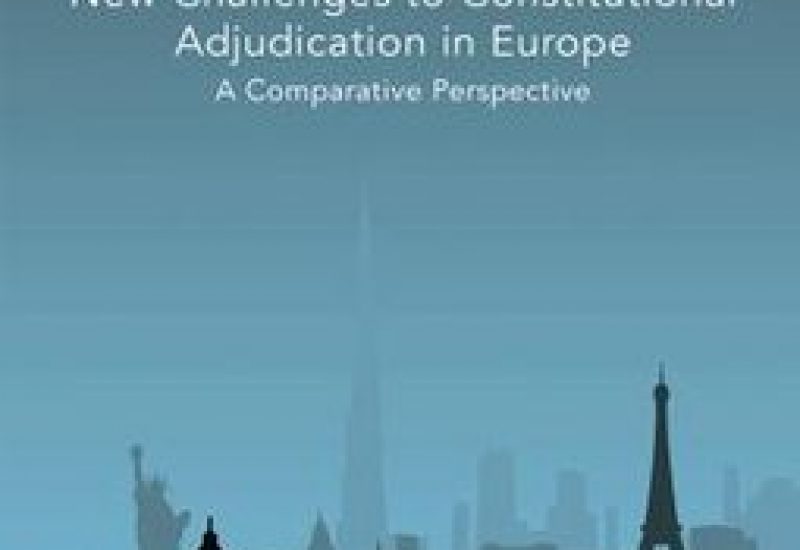- November 18, 2019
- 4:38 pm
- Constitutional Change
by Tímea Drinóczi, Professor, University of Pécs, Faculty of Law, Hungary
Illiberal states emerging in Europe, such as Hungary and Poland, are still constitutional democracies, which are shaped peacefully by populist politicians from a more substantial form of constitutional democracy that prioritizes (liberal) constitutional values through the use of populist style of governance, abusive constitutionalism, and autocratic legalism.[1] In our cases, the minimum requirements of a constitutional democracy, such as the rule of law, human rights, and democracy, have been defectively worded in a constitution, or poorly implemented or enforced.



